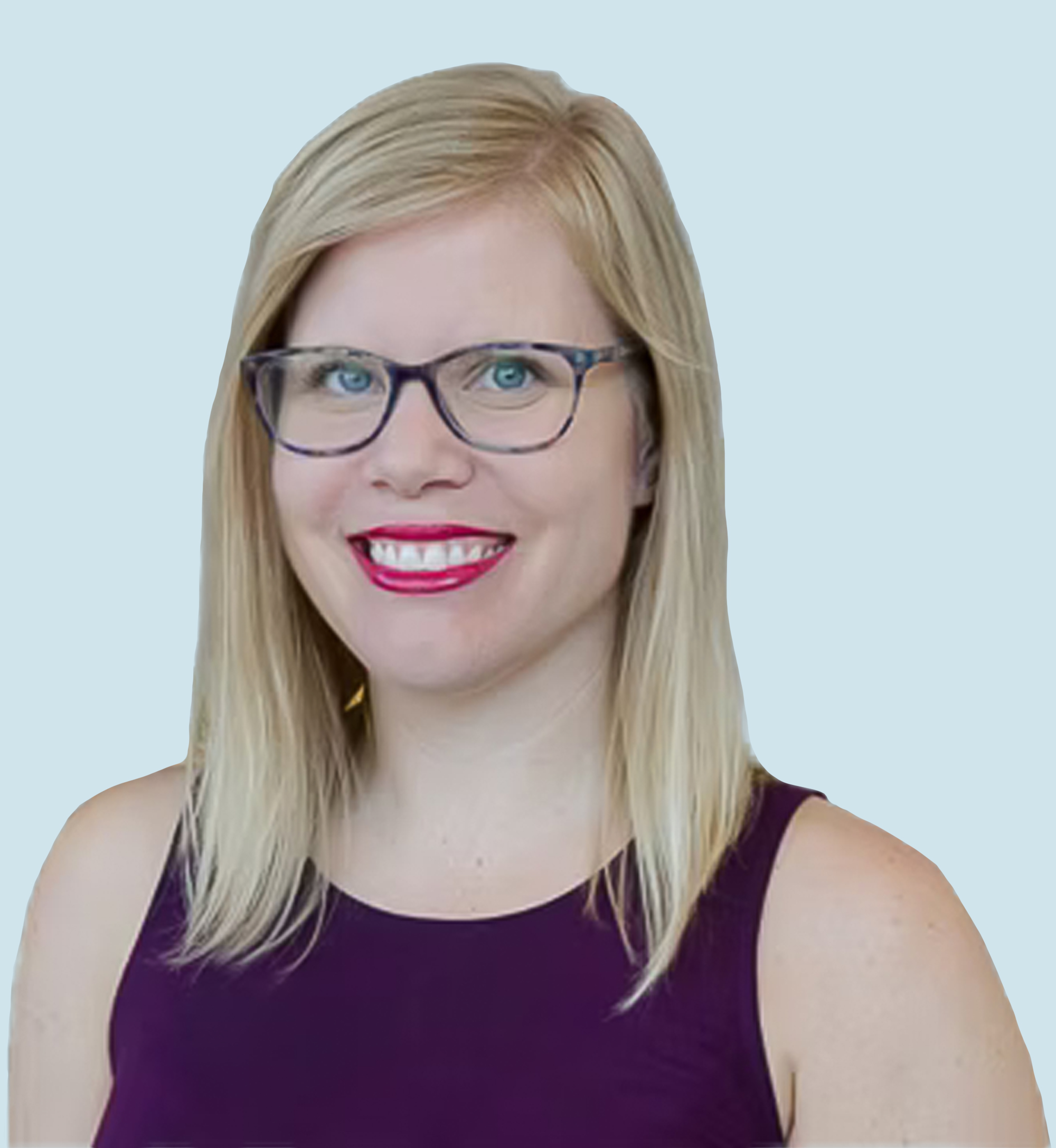About this webinar
Uncover the secrets to crafting standout college essays. Join seasoned experts as they provide valuable insights and strategies to make your essays memorable. Learn how to captivate admissions officers with compelling narratives, distinctive perspectives and impactful storytelling. Whether you’re applying this year or planning ahead, this webinar equips you with the tools to create essays that leave a lasting impression.
Watch the replay
Presented by

Sarah P.
Sarah received a BA from Davidson College and M.Div. from Vanderbilt University. She has admissions experience at Emory University, Vanderbilt University and College of Charleston. Sarah manages AcceptU’s partnerships with college access organizations and a caseload of clients. Sarah is an IECA Associate Member.

